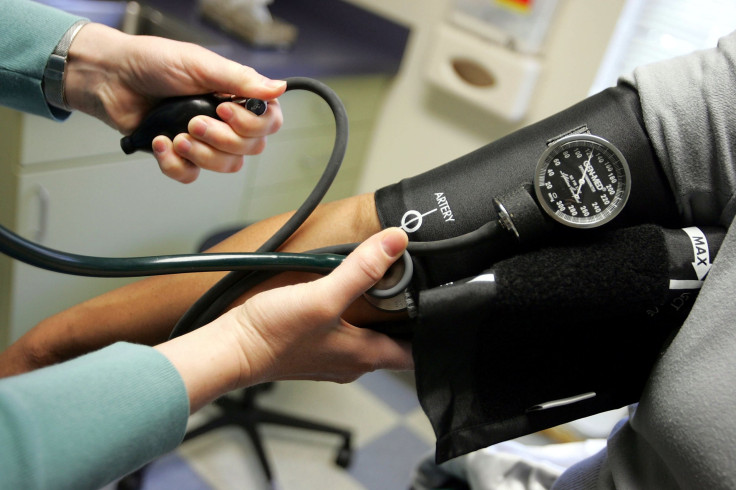Taking Your Blood Pressure Medicines At This Time Of the Day Can Be More Effective

With about 1.13 billion people diagnosed, elevated blood pressure aka hypertension is the primary risk factor of cardiovascular diseases (CVD) like heart attack, stroke, heart failure, and aneurysm. While there are several types of drugs to treat hypertension, a new study emphasizes a particular time to take them in order to have better-controlled blood pressure.
The study published in the European Heart Journal has found that individuals with high blood pressure who take all their anti-hypertensive medicines (all in one go) during bedtime experienced better-controlled blood pressure. It has also found a significantly lower risk of heart diseases and death compared to those who took their medicines in the morning.
The researchers included about 19,084 individuals with hypertension who took their blood pressure medications either during bedtime or in the morning and followed them for more than six years. And during this period, they also evaluated the patients’ ambulatory blood pressure over 48 hours once every year. They found that individuals who took their medicines at bedtime had nearly 45% reduction of dying from or suffering heart ailments or requiring any procedures to unblock narrowed arteries when compared to hypertension patients who took their medicines in the morning.
The researchers had modified their analyses to include factors affecting the results like age, sex, diabetes, smoking, kidney disease, and cholesterol levels. They also found a 66% reduced risk of death due to heart ailments or blood vessel problems, a 40% reduction in coronary revascularization, a 42% reduced risk of heart failure, and a 49% reduction in stroke risk.
The lead researcher Professor Ramon C Hermida opines that the current guidelines on the treatment of high blood pressure do not mention or recommend any preferred treatment time. Taking the medicines in the morning has been the most common recommendation method by most physicians. The team of researchers also highlight the fact that the average systolic blood pressure during sleep is the most significant and independent indicator of CVD risk.
The limitations of the research include validation in other ethnic groups, whether it would be possible among shift workers and if it happens with any specific hypertension medications.
© Copyright IBTimes 2025. All rights reserved.






















